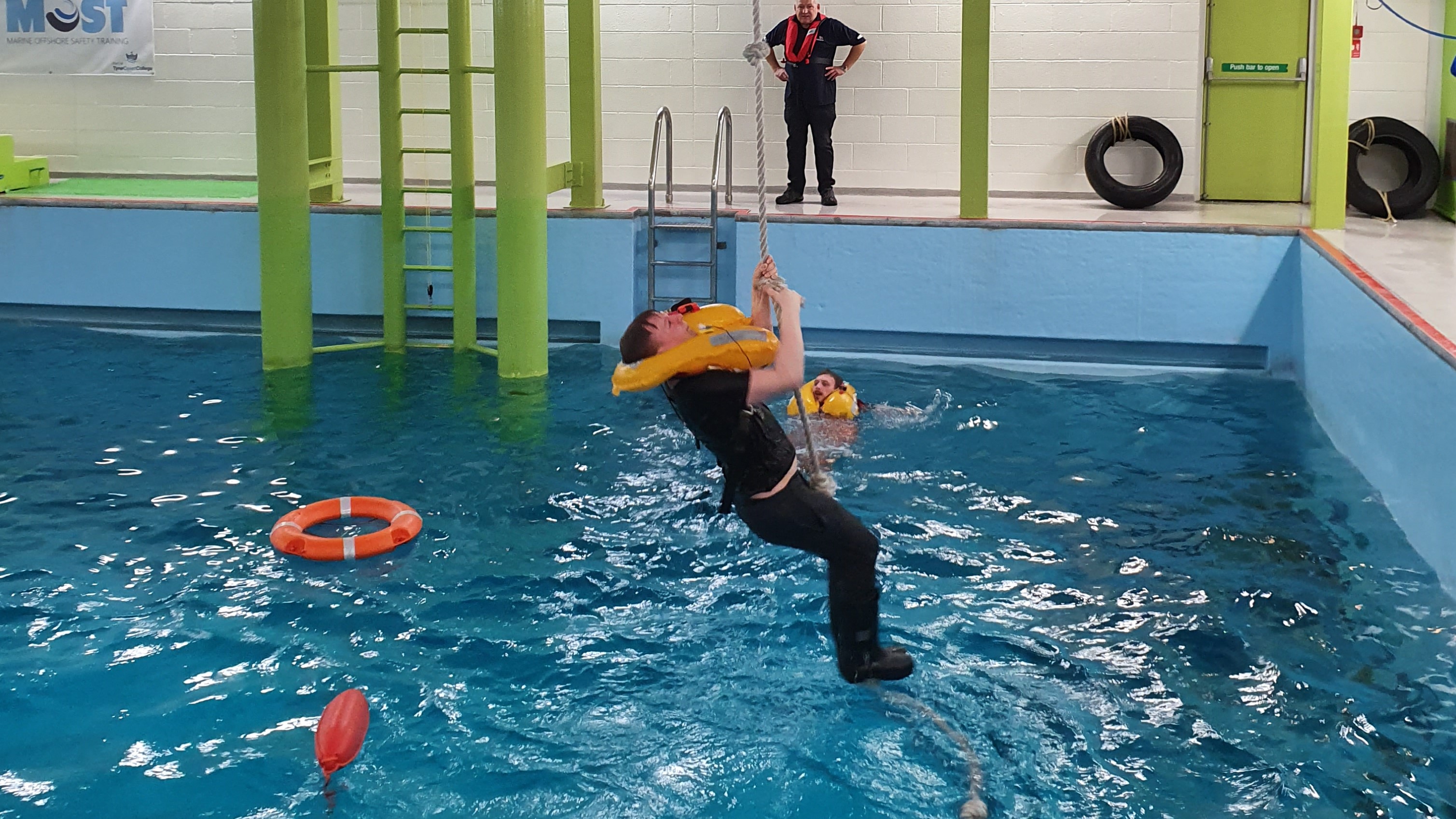Making fishing safer in the UK
Since 2013, 59 men have lost their lives whilst working on a fishing vessel in the UK. There has also been 100’s of accidents leading to severe injuries. The majority of these incidents are preventable.
We work with fishing organisations, Government, regulators and charities to give fishing vessel owners, skippers and crew the support they need to get home safely.
We are also a member of the Fishing Industry Safety Group (FISG). The group aims to to have zero preventable deaths on fishing vessels in the UK and to reduce the number of accidents. There is safety information and advice for people working on fishing vessels on FISG's Home and Dry website.
Safety regulations in the fishing industry
The Maritime and Coastguard Agency (MCA) is responsible for enforcing regulations around safety on fishing vessels. They carry out mandatory safety inspections on vessels.
The ILO188 Working in Fishing Convention came in to force in 2019 to improve the working lives of people working on fishing vessels. This includes new laws on safety such as:
- Risk assessments to be written down and discussed with everyone working on the vessel
- Personal Flotation Devices (PFDs) must be worn on deck at all times unless a risk assessment shows there is no need to wear one.
- Medical certificates of fitness
There is more information on safety standards for fishing vessels and crew on the gov.uk website.
Safety training courses for fishermen

There are mandatory courses that need to be taken before anyone is allowed on a fishing vessel. This is a legal requirement and we are responsible for the administration of the courses on behalf of the MCA.
Refresher safety training is important to keep your knowledge up-to-date. We help to secure funding for a variety voluntary safety training too.
All mandatory and voluntary courses must be booked through Approved Training Providers.
Funding for safety equipment
The right equipment and regular training is needed to keep everyone on board a fishing vessel safe. It is the vessel owner and skipper’s responsibility to make this happen.
Grants might be available from the Government to cover the cost of some safety equipment.
- Apply to the Marine Management Organisation if you live in England
- Apply to the Scottish Government if you live in Scotland.
- Apply to the Welsh Government if you live in Wales.
- Apply to the Northern Irish Government if you live in Northern Ireland.
Subsea hazard alerts
Our Kingfisher Information Services provide maps of subsea structures and hazards on the seabed around the UK. This information is available for free to commercial fishing vessel owners and skippers.